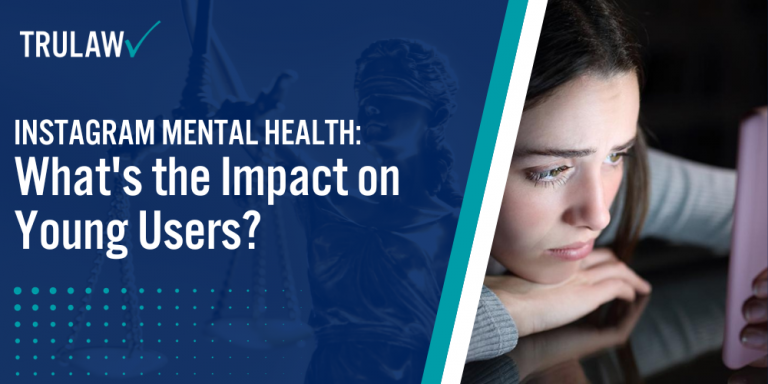Over 40 U.S. State attorneys are taking significant action, filing an Instagram mental health lawsuit that brings to light the complex relationship between Instagram’s platform design and the mental well-being of young users.
Impact on Young Users: Instagram Mental Health
Reports from entities like the Pew Research Center underscore the gravity of social media-induced stress in younger demographics.
- Social comparison is rampant, with users evaluating their own lives against idealized images presented by peers.
- This creates a false sense of social comparison that can lead to feelings of inadequacy, low self-esteem, and body image concerns.
- The platform has become a breeding ground for adverse psychological outcomes, especially among adolescents.
- Research unveils alarming statistics showing how Instagram’s design and culture contribute to mental health issues in young individuals.
- Studies correlate excessive Instagram use with increased instances of depression, anxiety, and even self-harm among youth.
Constant exposure to idealized images on social networking sites, such as Instagram, can lead to serious mental health challenges in young users.
When these images are digested daily, they create a breeding ground for upward social comparison and false ideals of perfection that can cause body image issues and low self-esteem.
The addictive nature of these platforms further exacerbates the problem; young people find themselves caught in a cycle of compulsive checking and rechecking for updates or likes on their posts.
This excessive use has also been linked with poor sleep quality, negative psychological outcomes like stress and loneliness, and physical ailments resulting from prolonged screen time.
Understanding Instagram Mental Health Lawsuits
The Instagram mental health lawsuit is rooted in several serious allegations, spotlighting the platform’s impact on youth mental health.
These cases accuse Instagram of deliberately creating features that are addictive and harmful to young users, leading to a range of mental health issues such as anxiety, eating disorders, and damaged self-esteem.
Some of the growing concerns mentioned in the Instagram mental health lawsuit include:
- Addictive Design and Misleading the Public: Lawsuits filed by attorneys general of 33 U.S. states, including California and New York, accuse Meta Platforms and its Instagram unit of fueling a youth mental health crisis by making their social media platforms addictive and compulsively usable.
- Associated Mental Health Issues: The states claim that research has linked children’s use of Meta’s social media platforms to depression, anxiety, insomnia, and interference with education and daily life.
- Targeting Young Users for Engagement: A whistleblower’s release of documents in 2021 revealed that Meta was aware of Instagram’s addictive nature and its adverse effects on body image, especially for teen girls.
- Violating Data Collection Laws and Creating Addictive Algorithms: Meta is also accused of violating laws that ban data collection from children under the age of 13 and deceptively denying the harmfulness of its social media.
Additionally, these cases highlight the need for more transparency and accountability in how social media platforms manage their impact on user mental health.
If you’ve suffered from mental health issues as a result of using these platforms, contact TruLaw today using the chat on this page to receive an instant case evaluation.


